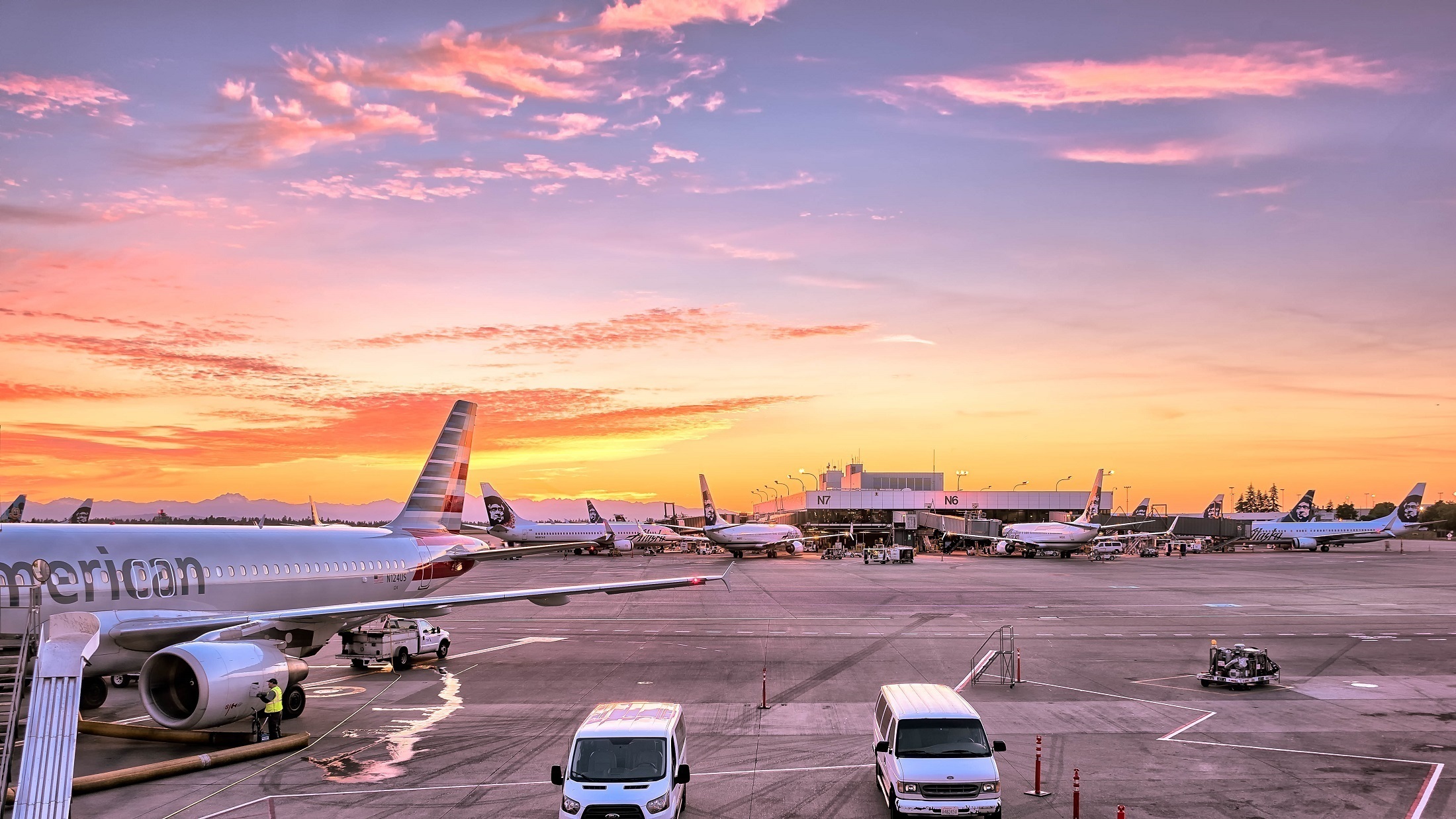Why English Remains Today’s Lingua Franca: Part 1
Oh, fellow native English speakers, we hope you won’t object to us tarnishing us all with the same brush here, when we say that there is such an expectation of hearing English everywhere we go, that we are everything from surprised to alarmed when we realise that it isn’t. English is touted as the lingua franca, and maybe we could be forgiven for thinking that speaking English is a necessity to get ahead in this world. But what happened to make English begin to be viewed like this? What were the reasons leading to English being compulsory in so many sectors of business?
Join us as we take a look into the beginnings of English as an essential in the workplace.
Photo via Pexels
Turning skywards
Have you ever wondered why it is that virtually every pilot who welcomes you onto a plane these days does so in English? Well, since 2008 it has been compulsory amongst pilots operating within the standards set by the International Civil Aviation Authority (ICAA) to have a level of English that is beyond what might be considered as merely core. Aviation English was borne of this, and is a type of English for specific purposes that many EFL/ESL teachers have been asked to help students practice as pilots prepare for interviews with international airlines.
But why? That is a good question. Simply put, it was recognised by the ICAA that far too many hundreds of lives have been lost due to the simple matter of a communication breakdown. To cite some examples, in 1977, a KLM 747 crashed into a Pan Am 747 on a runway killing 583 people due to a misunderstanding over the statement we are now at takeoff. In 1996, the pilot of a Saudi Arabia Airlines Boeing 747 misunderstood an instruction to descend and instead climbed, colliding with a Kazakhstan National Airways plane and killing 349. And in 1997, A Korean Air jet met its end in a ravine whilst on approach to an airport in Guam, because the flight crew were confused by air traffic controller instructions. These are just three examples; language barriers are seen to have contributed to more than ten major air traffic accidents, with more than 1500 resultant deaths and far too many close calls.

Photo via Flickr
It takes two
Now, we could argue purely on safety grounds that compulsory Aviation English is exactly what we need given the continual expansion of this industry, but we also need to consider what us native speakers are doing to help. Whilst there is no current standardising of English amongst those whose first language happens to be English, the Civil Aviation Authority (CAA) does instruct its employees not to use idioms, colloquialisms and other jargon that might be misinterpreted or not understood by non-native speakers. It is a small thing to ask; standardising seems a much fairer and more effective way of ensuring passenger safety, however.
Learning a new language? Check out our free placement test to see how your level measures up!
But the argument flips back and forth. Some air traffic control staff complain of pilots not being fluent enough to communicate with them effectively, leaving them concerned when a pilot moves on from their instructions having given the impression they haven’t understood. Others say that communications between controllers and pilots of a language that isn’t English often revert to speaking their mother tongue, leaving those unable to speak that language in the dark, which could lead to communication breakdowns and put everyone involved at risk of getting things wrong.
Who is right here? It is hard to say.

Photo via Wikimedia
Those Golden Arches
Speaking of ever expanding industries, like aviation, franchising has contributed hugely to the growth of English, thanks to the desire of so many whose first language isn’t English to live the lives they see in their favourite (translated) TV shows and films. We challenge you to walk into a McDonalds anywhere in this world and not find an employee who speaks English to some degree. As well as its economical impact, McDonaldisation has changed the face of the globe in terms homogenising our food absolutely everywhere we go, and some might complain that this is a bad thing. However, its impact on the spread of the English language must not be overlooked, and for language lovers at least, should be praised for it.
Perhaps it isn’t so much compulsory to be fluent in English to open a local KFC, Dunkin’ Donuts or Starbucks, but more an expectation that along with the brand you are getting the language in which the brand was designed. Why? Anyone who has been to any number of these franchises outside their own country will tell you the menus are different, the offers surprising, and the advertising very definitely tailored to the local market. But pick up a cup, a napkin, any of the basic products emblazoned with that company’s logo, and you are more likely than you are not to find English written there. It’s a small thing, but it leads to a big one, tiny words infiltrating a vocabulary until it falls automatically from your tongue.
Next time, we will look at the growth of English within the tourism and engineering sectors; what arguments do you expect in favour of compulsory English?
Until then!




